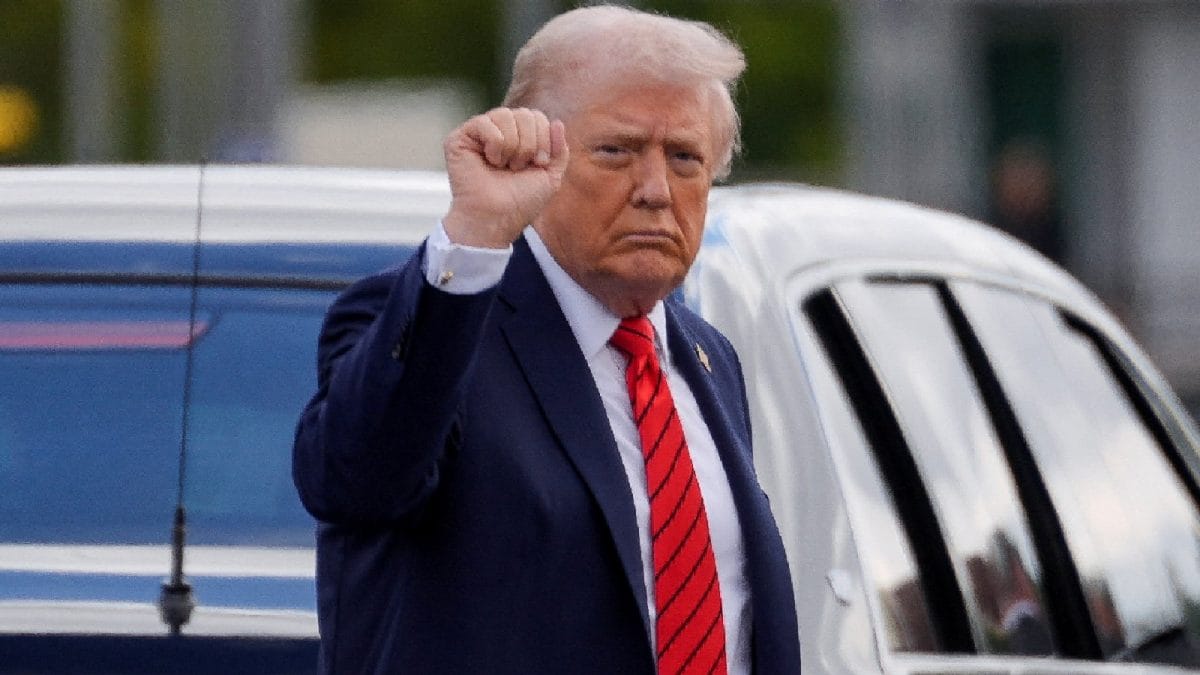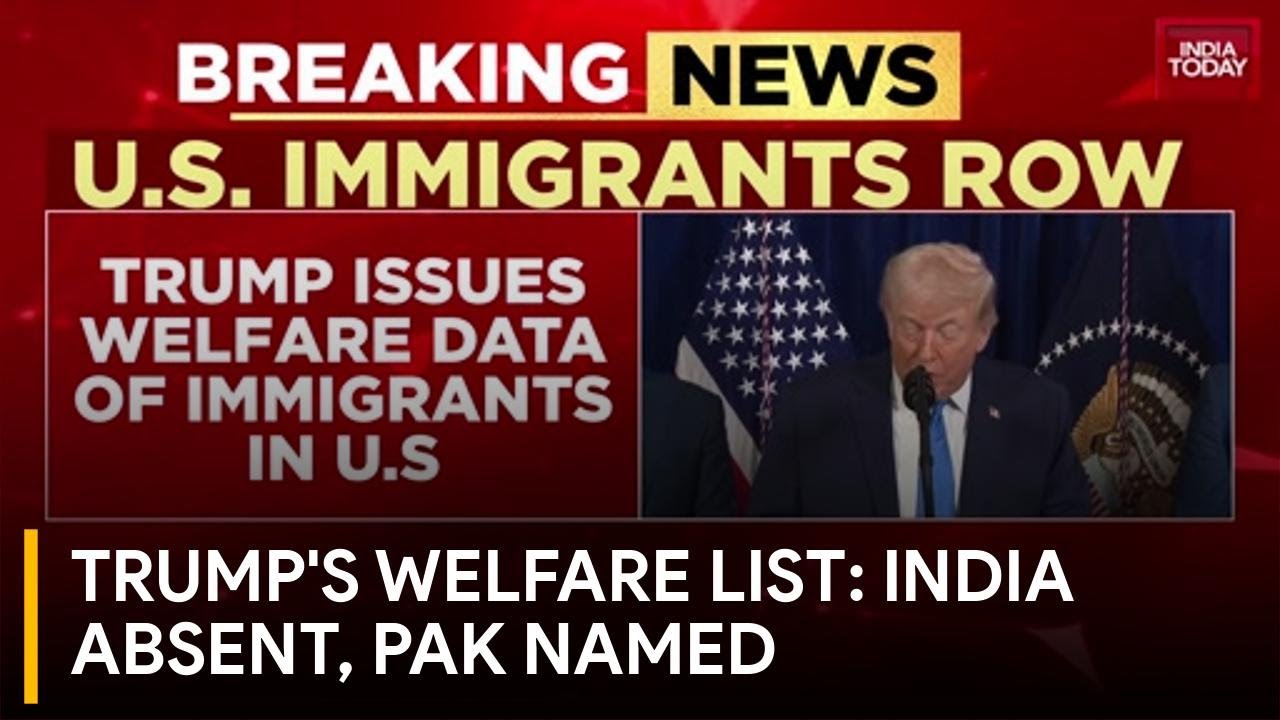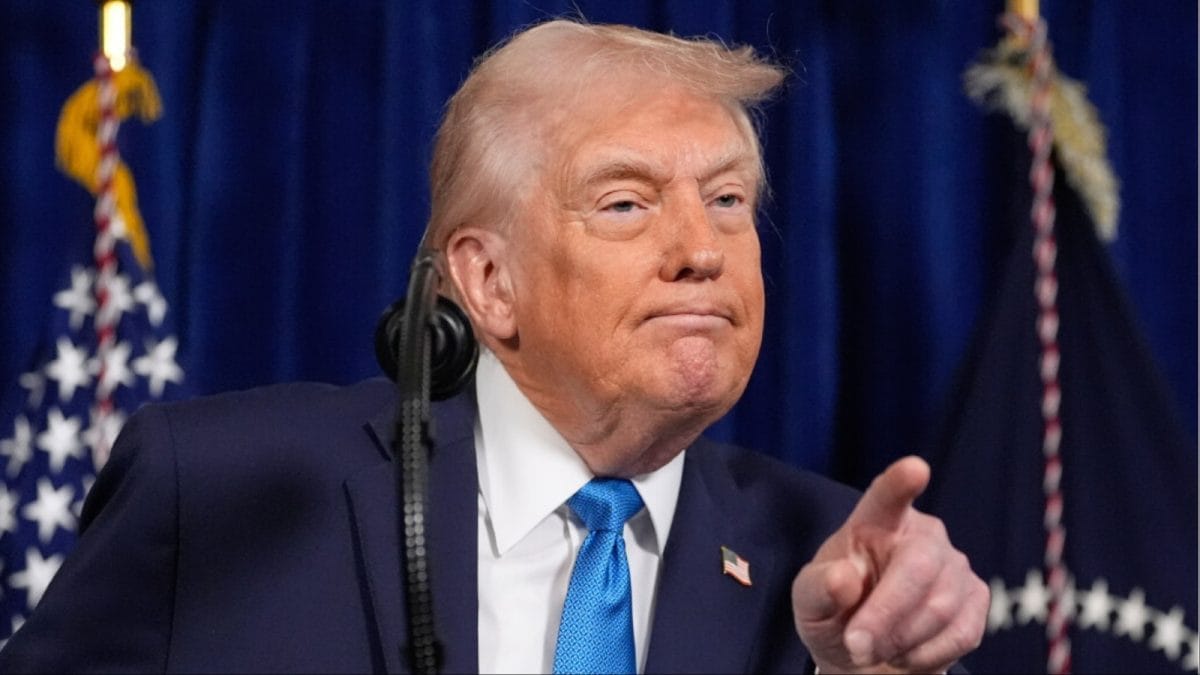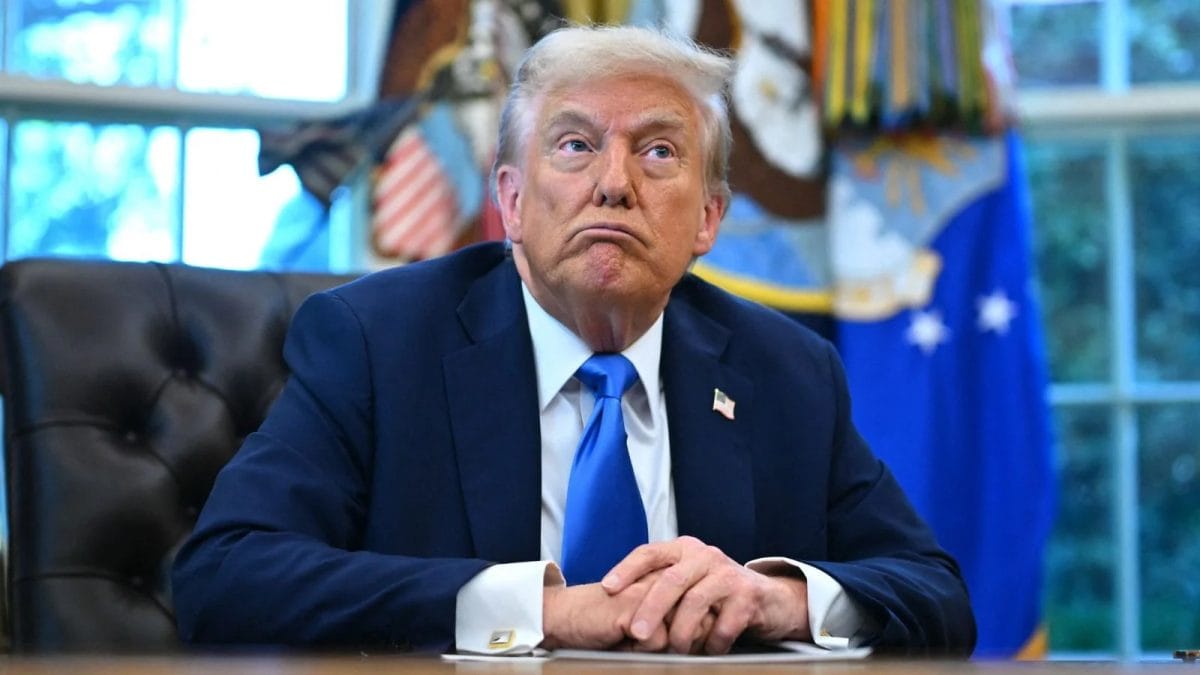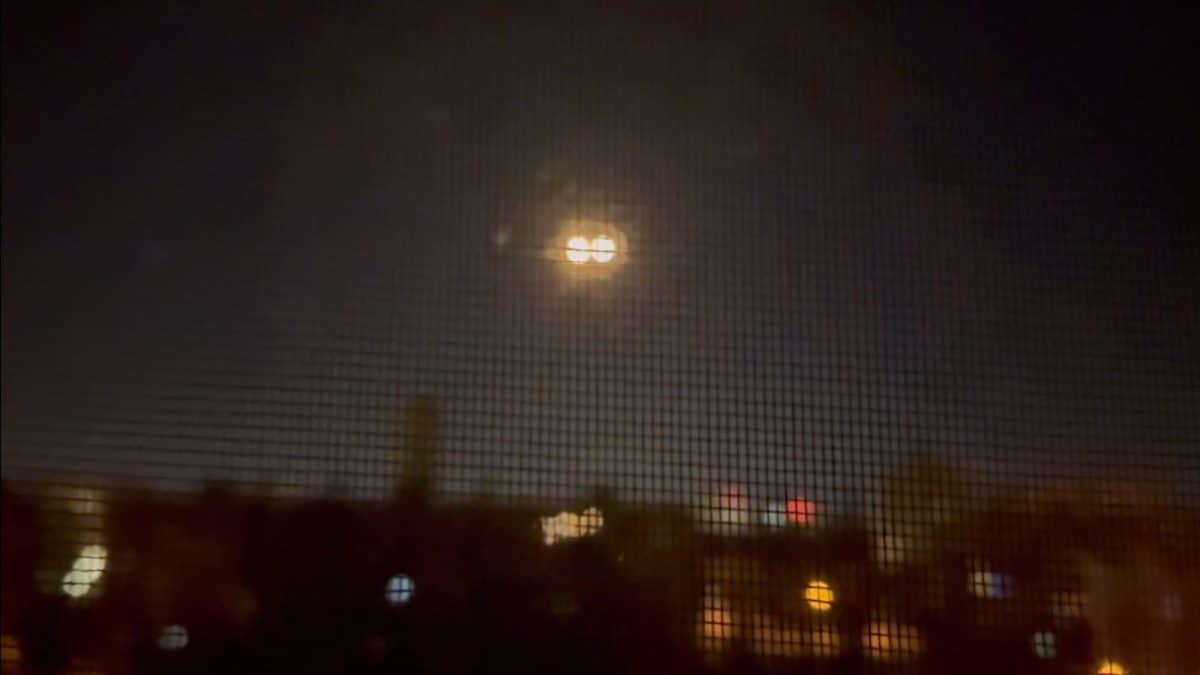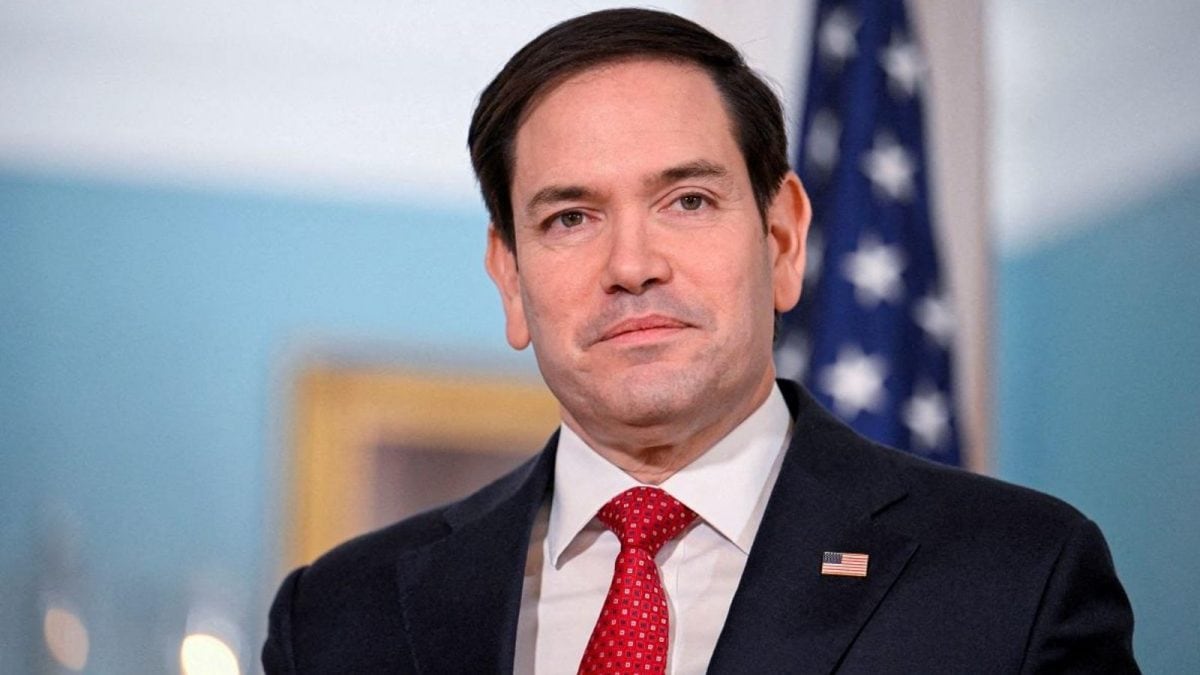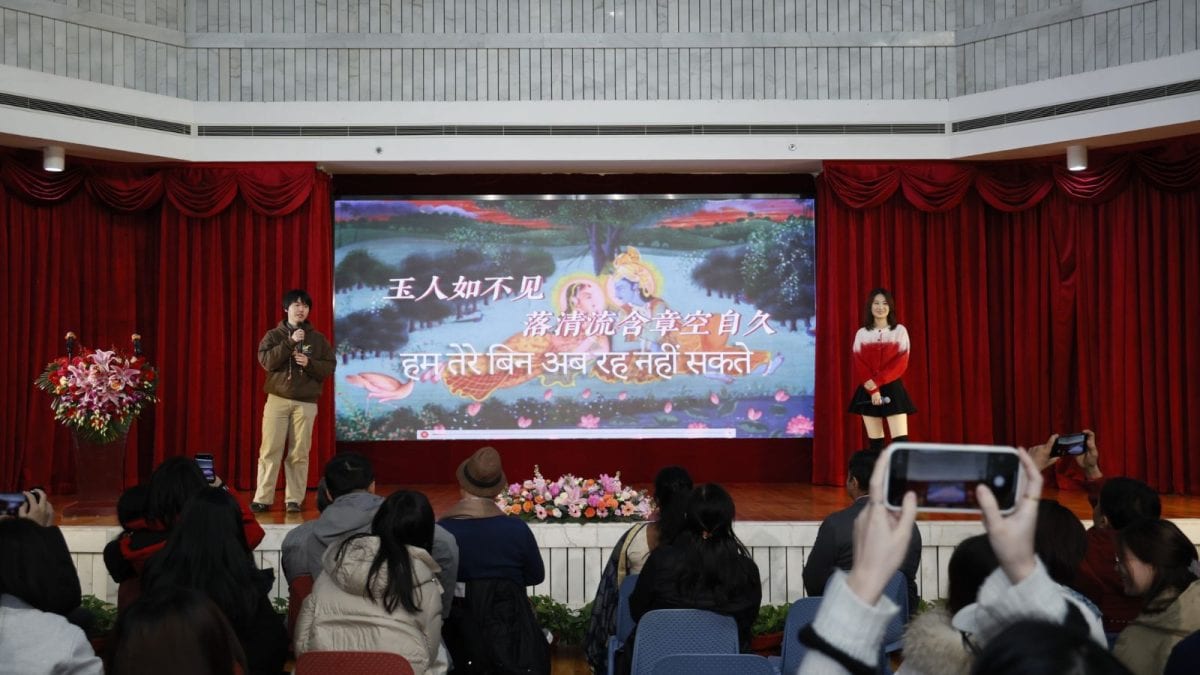Voters backed Labor as the party best placed to manage the economy at the federal election, with Peter Dutton’s decision to oppose tax cuts seeing the Coalition squander a nearly 40-year advantage.
The collapse in support on economic policies – revealed in the latest instalment of the Australian Electoral Study (AES), released on Wednesday – contributed to the former opposition leader’s historic unpopularity with voters and Labor’s thumping win.
Researchers at the Australian University and Griffith University found Dutton was the least popular major party leader polled in the study, completed after every federal election since 1987.
The study co-author Ian McAllister said Dutton’s unpopularity “broke several records”. The prime minister, Anthony Albanese, was the more favoured political leader and rated better on key attributes.
“According to voters, the leadership qualities [Dutton] most lacked were inspiration, closely followed by compassion,” McAllister, a professor in ANU’s school of politics and international relations, said.
“Just 8% of voters thought Dutton won the leaders’ debates with Anthony Albanese, again the lowest figure the AES has ever recorded.”
Dutton lost his seat of Dickson at the poll, which delivered Labor the biggest two-party preferred vote result for any party in 50 years, and 94 seats in the House of Representatives.
Household cost-of-living pain and the Coalition’s pledge to wind back Labor’s $17bn in legislated tax cuts contributed to the loss, the study said. Due to benefit taxpayers by $5 a week from next year, growing to $10 from 2027, the tax cuts passed parliament in March.
The cuts reduce the bottom rate of tax from 16% to 15%, dropping to 14% from 2027.
Dutton called the plan “a cruel hoax” and went to the election promising a one-off $1,200 tax cut to middle-income earners in 2026 if elected. Labor moved to quickly announce an automatic $1,000 tax deduction for voters.
The Coalition built its campaign around Dutton’s pledge to cut the fuel excise from 50.8 cents a litre to 25.4 cents for one year.
Labor has previously trailed the Coalition on the question of who is best placed to manage the economy in the AES, a top three issue of importance for voters, but gained a 4 percentage point lead over the Coalition on the question in the current poll.
The results also highlight some of the major challenges facing the opposition leader, Sussan Ley, as she tries to rebuild.
skip past newsletter promotionafter newsletter promotion
The opposition won its lowest share of votes from women on record, with nearly 10% fewer women than men voting for the Coalition.
“Conversely, Labor attracts more votes from women than men. The gender gap in voting for Labor, at 5%, is about half the size of the Coalition’s,” co-author Sarah Cameron of Griffith University said.
A record 25% of voters responding to the study said they do not feel close to any Australian political party in 2025, while the proportion of voters who always vote the same way reached its lowest ever level, at 34%.
“These are indicators of a more volatile electorate who are no longer attached to the two major parties,” McAllister said.
The results also show a major decline in trust that the US would come to Australia’s defence under President Donald Trump, at 55%, down from 73% in 2022.
Earlier data from the AES showed younger voters abandoned the Coalition over climate change policy, with the Liberal and parties receiving just 10% of first-preference votes from people who said climate change or the environment was their top issue.
ly 70% of generation Z voters and 66% of millennials said climate change was a very serious or fairly serious threat.

 1 month ago
1 month ago
